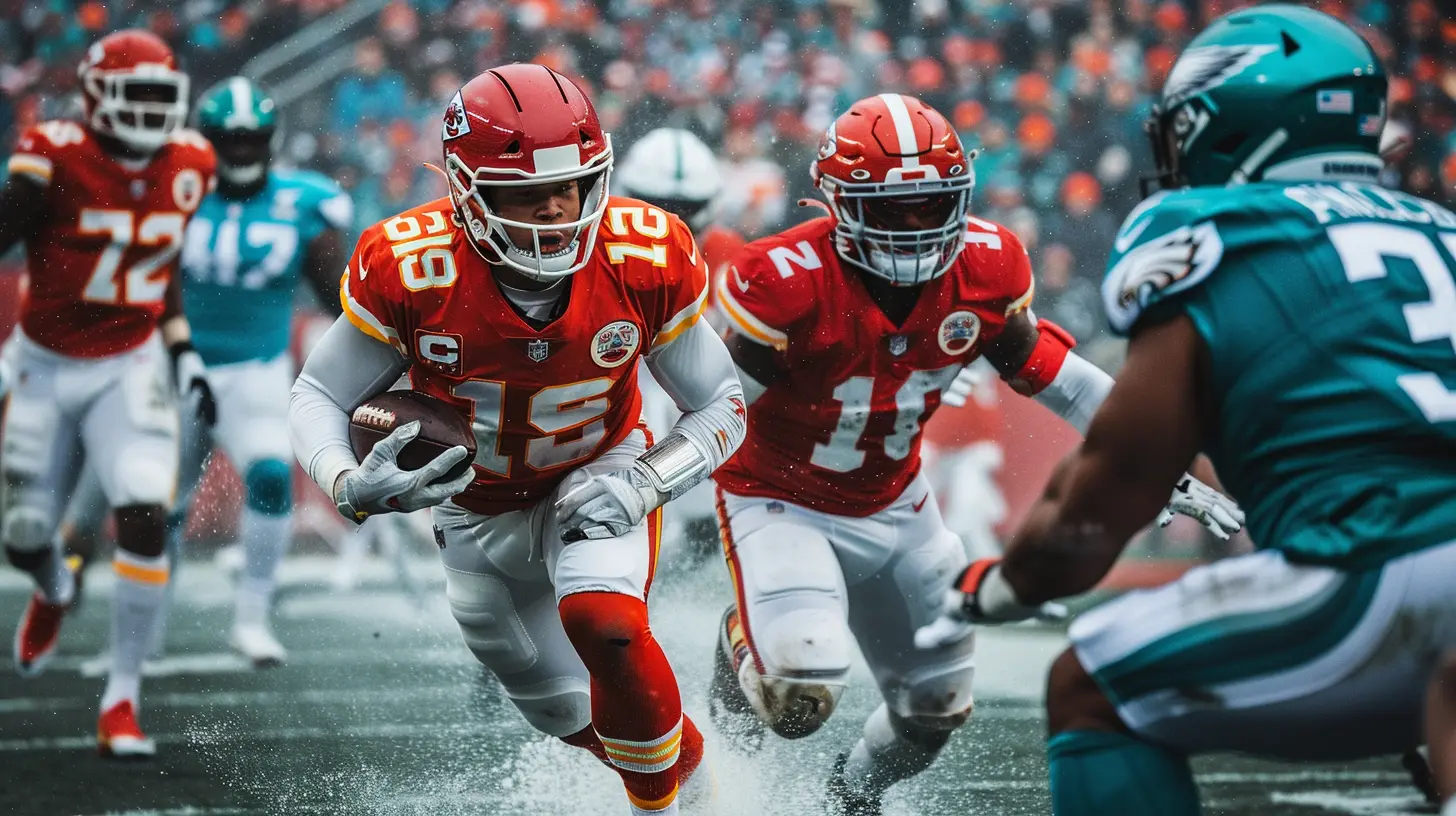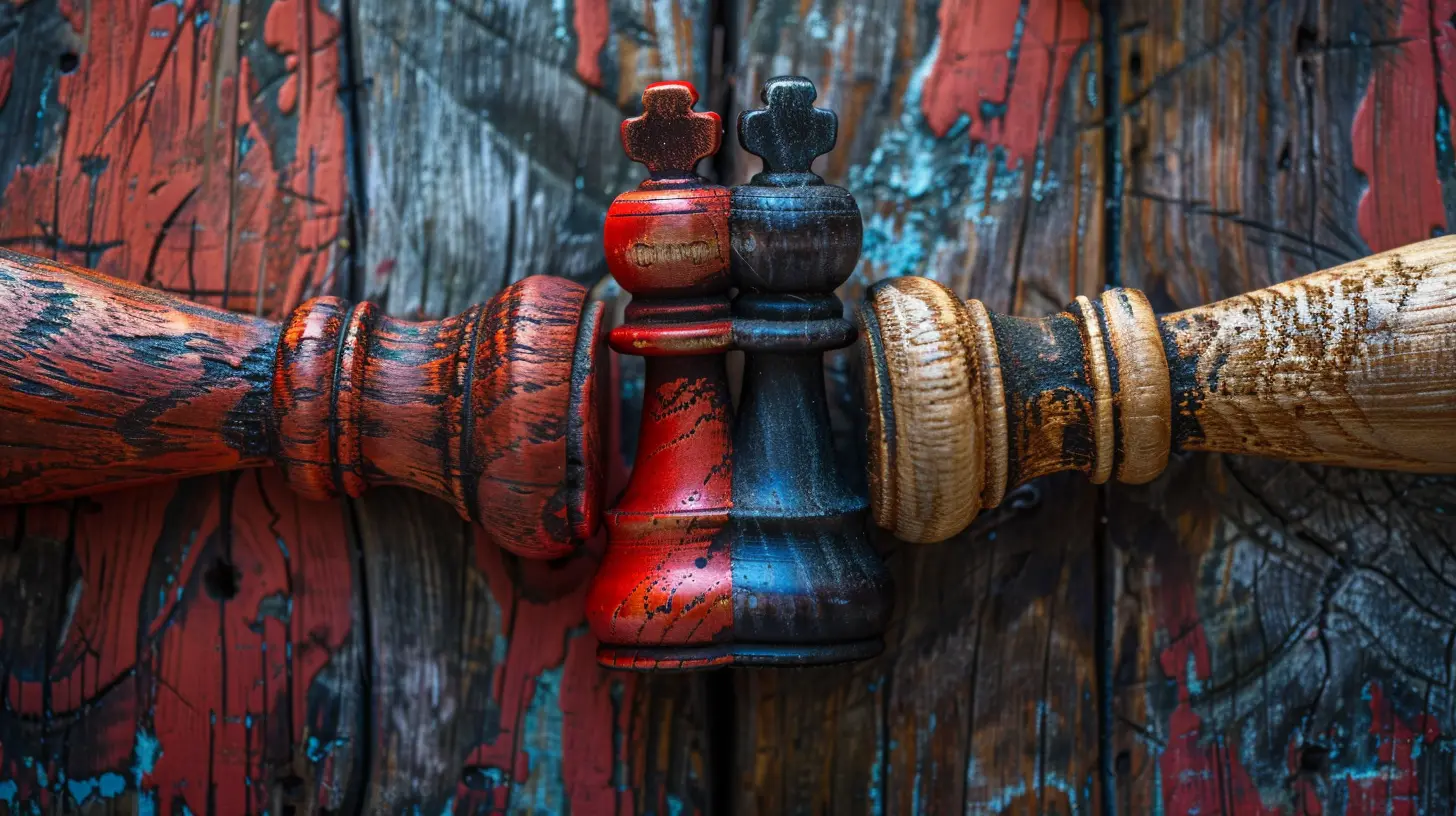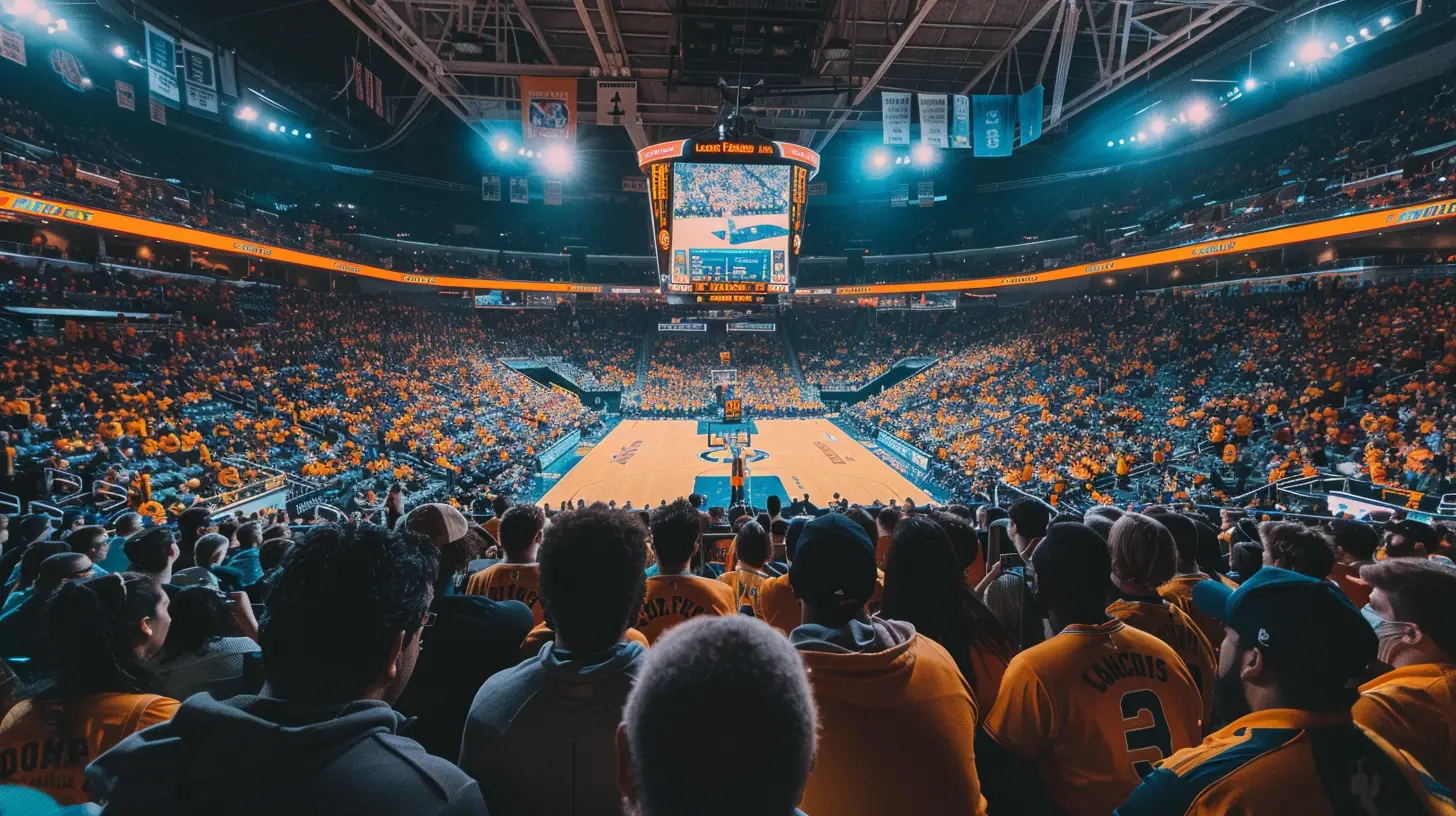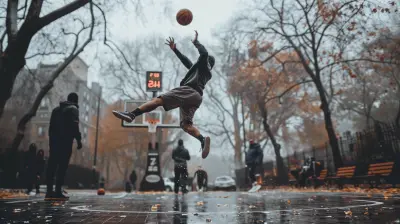How Teams Use Trades to Build Long-Term Success
5 July 2025
When you think about those dynastic sports teams—the ones that dominate a league for years—it’s easy to assume they were just lucky enough to draft a star player. But let’s be real. Long-term success in professional sports isn’t usually built on just one lucky draft pick or one standout season. It’s a complex puzzle, and one of the biggest—and most underappreciated—pieces is the trade.
Yup, trades. Executed correctly, trading players can become a golden ticket to creating and sustaining winning teams, and sometimes even legacies. It's not just about making a splashy move to grab headlines. It’s about playing the long game, thinking five steps ahead, and pulling off the kind of strategic planning that would make a chess grandmaster proud.
Let’s break down how teams use trades to build not just good teams, but great ones that stay relevant—season after season.
The Basics: What Is a Trade in Sports?
Before diving into strategy, let’s clear the air. A trade in sports is when two or more teams agree to exchange players, draft picks, or other assets. Sounds simple, right? But don't be fooled. Behind every trade is a whirlwind of negotiations, scouting reports, salary cap considerations, locker room chemistry evaluations, future planning—and probably a few grey hairs for the GMs involved.Trades are a core function in leagues like the NFL, NBA, MLB, and NHL. They allow teams to:
- Fill gaps in their roster
- Free up salary cap space
- Accumulate future draft picks
- Move disgruntled or underperforming players
But the real art of trading is in thinking about tomorrow, not just today.
Why Trades Matter for Long-Term Success
Short answer? Because no team stays the same forever. Players age, contracts expire, injuries happen, and rival teams get better. Trades give teams the flexibility to adapt, rebuild, and reload without starting from scratch.Think of it like investing. You’re not just buying high and selling low. You're rebalancing your portfolio to make sure you're set up for the future, not just relying on last year’s gains.
Here’s how top-tier franchises use trades as part of a long-term strategy.
1. Turning Veterans into Future Assets
This is one of the oldest and smartest plays in the book. Let’s say a team has a solid veteran player who still has value but doesn't fit the timeline of the team’s next championship window. Rather than letting him walk in free agency, the team trades him to a contender—with the goal of getting young talent or draft picks in return.Real-World Example: Oklahoma City Thunder (NBA)
Over the past few years, the Thunder have been the poster child for this strategy. They traded established stars like Paul George and Russell Westbrook in exchange for a truckload of draft picks and young talent. Now? They're armed with one of the deepest war chests of future assets in NBA history.It’s like selling off your prized collectibles at peak value—knowing you can reinvest in something even more valuable down the line.
2. Acquiring Star Power at the Right Time
There’s a time to rebuild and a time to contend. When a team feels like it’s just a piece or two away from a championship, it can go all-in via a blockbuster trade. It’s risky, sure, but when done right, it can be the difference between being a good team and becoming a legend.Look at the Milwaukee Bucks (NBA)
In 2020, the Bucks traded for Jrue Holiday, giving up multiple first-round picks. Critics raised eyebrows. But then they won the 2021 NBA Championship. That trade gave them the missing piece, and it paid off in confetti.The key here? Timing. It’s like baking the perfect cake—pull it out too early or too late, and it’s a flop. With trades, it’s all about knowing when to pull the trigger.
3. Draft Capital: The Currency of the Future
Draft picks might not generate buzz like superstar names, but make no mistake—they’re gold. Teams stockpile draft picks through trades the way preppers stock canned goods. They’re preparing for the unknown but planning to win.Whether a team uses those picks to draft talent or package them into future trades, draft capital gives options—and options are everything in sports management.
Think New England Patriots (NFL)
Bill Belichick is famous for trading down in drafts, collecting picks like they're Pokemon cards. That strategy has helped the Patriots stay competitive for decades, even as star players came and went.4. Managing the Salary Cap Smartly
In today’s leagues, managing the salary cap isn’t just important—it’s essential. Trades often help teams get out from under big contracts or balance their books. A team might deal a high-salary player for multiple cheaper players or use the move to clear space for a future free-agent splash.Recent Case: Los Angeles Rams (NFL)
The Rams aggressively traded away players and draft picks, often restructuring contracts. They went all-in for the 2021 season—and won the Super Bowl. But they also knew when to cut bait, and they’ve used trades to recover cap space in anticipation of a mini-rebuild.A clever trade can be like refinancing your mortgage—painful in the short term, but freeing in the long run.
5. Rebuilding Without Tanking
Nobody likes to watch their team lose on purpose. And let’s be honest—tanking sucks for fans. But smart trades allow a team to rebuild while staying somewhat competitive. This way, you won’t lose your fan base or your locker room along the way.Example: Toronto Raptors (NBA)
After winning the 2019 title, the Raptors didn’t plunge into a full rebuild. Instead, they made shrewd trades, developed young players, and stayed relevant. It’s a slower rebuild but a smarter one.Trades gave them a chance to restock talent without falling into the dreaded “bottom-dweller” category.
6. Culture Fit and Chemistry
Let’s not forget the human side of sports. Some trades happen not because of stats, but because of fit. A player might not mesh with a team’s culture or play style. Sometimes, changing the environment helps both the player and the team.Good Fit: Golden State Warriors' Midseason Moves
The Warriors have made small, under-the-radar trades that re-established team chemistry. These aren't headline grabbers, but they matter. Chemistry can win games that analytics can’t explain.It’s like swapping out a puzzle piece that doesn’t quite fit—you wouldn’t notice until it’s replaced, and suddenly the picture looks right again.
7. Trading as a Mindset
Here’s a truth bomb: consistent success isn’t about one great trade. It’s about treating trading as a strategy—a way to build, pivot, and evolve. The best GMs approach trades like a stockbroker watching the market every day, always ready to buy low and sell high.When teams embrace trades as part of their culture, they stay ahead of the curve. They don’t just react to the market—they shape it.
Lessons from the Best: Teams Who Mastered the Trade Game
Let’s look at a few organizations that have shown us how it’s done:- Boston Celtics (NBA): Used trades to acquire Kevin Garnett and Ray Allen, sparking a championship run in 2008. Years later, traded aging stars for picks that turned into Jayson Tatum and Jaylen Brown. Genius.
- Tampa Bay Lightning (NHL): Historically smart with trades and salary cap maneuvering that keeps them competitive while other teams flame out.
- Houston Astros (MLB): Built a competitive roster by combining a strong farm system with trades that brought in needed firepower.
It’s not magic—it’s method.
The Risks of Trading
Okay, it’s not all sunshine and trophies. Trades come with risks:- The incoming player might not fit
- Injury concerns
- Giving up too much future value
- Fan backlash
- Chemistry disruption
But here’s the deal: taking no risk is often riskier. Sitting still rarely leads to titles.
The best teams understand that calculated risk, when grounded in data and vision, is often worth it.
Wrapping It Up: Trades Are the Secret Sauce
At the end of the day, trades are the chess moves behind every great sports story. They’re the silent engines powering rebuilds, championships, and dynasties. Teams that master the art of the trade don’t just stumble into success—they build it, brick by brick.So next time your favorite team pulls off a blockbuster deal or ships out a beloved veteran, don’t rush to judgment. There might be a master plan in the works. And if the front office gets it right? You could be watching the start of something special.
Because in the business of winning, it’s not just about who you have—it’s about how you got them.
all images in this post were generated using AI tools
Category:
Player TradesAuthor:

Easton Simmons
Discussion
rate this article
1 comments
Freya Sharpe
This article succinctly highlights the strategic importance of trades in shaping a team's future. It emphasizes the balance between immediate gains and long-term planning, showcasing how smart moves can redefine franchise trajectories.
July 22, 2025 at 4:11 AM

Easton Simmons
Thank you for your insightful comment! I'm glad you found the article highlights the crucial balance between immediate gains and long-term strategy in trades.


